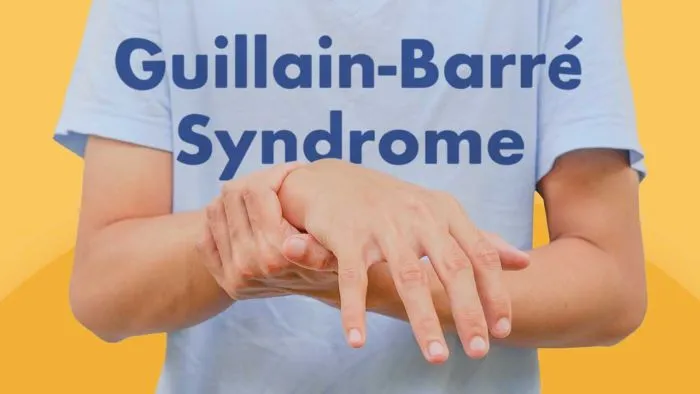First Suspected Case of Guillain-Barré Syndrome Reported in Hyderabad, Telangana
A woman from Siddipet, Telangana, has been hospitalized in Hyderabad with symptoms indicative of Guillain-Barré Syndrome (GBS), a rare neurological disorder. Her condition is reported to be critical, and she has been placed on ventilator support.
This case is the first suspected instance of GBS in Hyderabad and emerges amid an increasing number of suspected cases across the country, particularly in Maharashtra.
No Travel History to Pune
A statement from KIMS Hospital on Friday confirmed that the patient had no travel history to Pune, where a significant number of GBS cases have been reported. According to a consultant neurologist involved in her treatment, "Despite the high prevalence of GBS in Pune, the patient has no history of travel to the city, nor does her family have a background of the disorder. GBS occurs when the body's immune system mistakenly attacks its own nervous system following fever or loose motions."
Rising Cases in Maharashtra
Maharashtra health officials have reported 130 suspected GBS cases, with three potential fatalities linked to the disorder. Most of these cases have been concentrated in Pune and surrounding areas, with contaminated water sources being considered a likely cause. The bacteria Campylobacter jejuni, commonly found in contaminated food and water, is suspected to be responsible for the outbreak.
In a separate case, a 17-year-old boy in Kolkata succumbed to septic shock and myocarditis, with medical experts suspecting an underlying GBS condition.
Understanding Guillain-Barré Syndrome
GBS is a rare condition characterized by sudden numbness and muscle weakness, often beginning in the limbs. Severe cases can lead to respiratory failure, necessitating ventilator support.
Health authorities are actively monitoring the situation, and further updates on the Hyderabad case are awaited as medical professionals work to confirm the diagnosis.

COMMENTS (0)
Sign in to join the conversation
LOGIN TO COMMENT